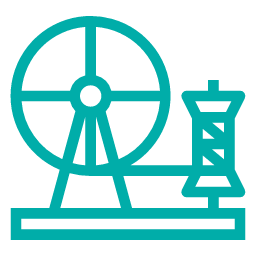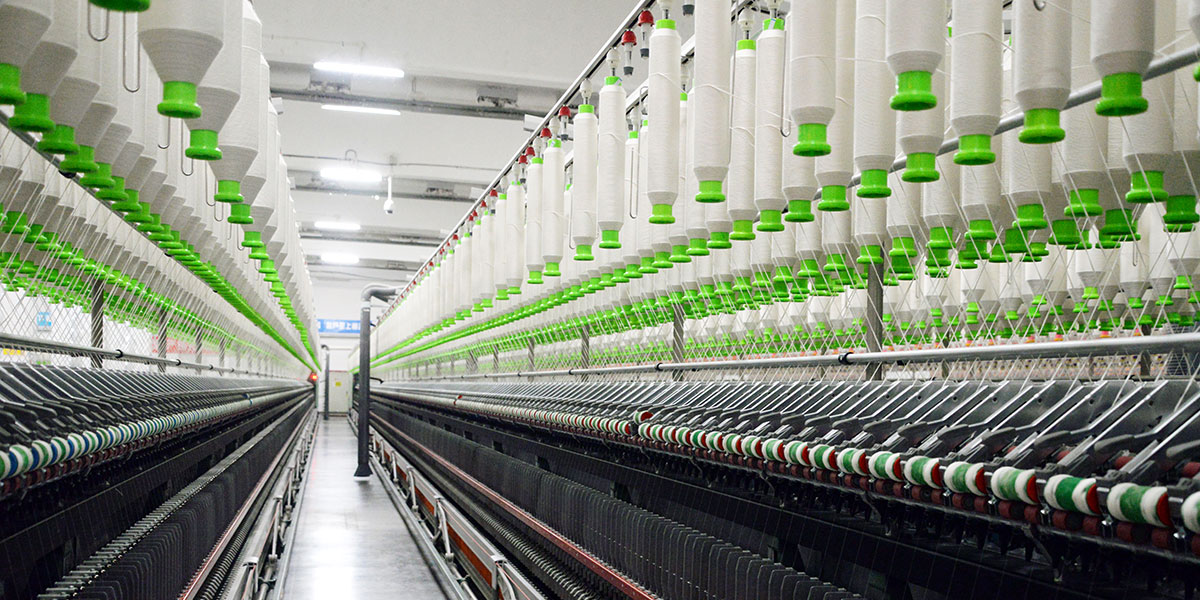

 Textile
Textile
As my country's traditional pillar ind•γustry, industrial textiles have alway∏∞s played a pivotal role in nati∞<&™onal economic activities. As★ early as the end of the last centur ↔↓y, my country's textile machinγ←<↕ery industry began to viε≥≈₩gorously promote the ✘γapplication of automation technolo' ∏gies such as PLC, freq>∞uency converter, servo ¶¶☆ system and computer control to improve ♦₩the speed and production efficiency of Ω←δthe machine. Today, with →<<a high degree of automation, the de∑&gree of automation of textile ±machinery electrical control systems is↕∑≠≥ getting higher and highe←→r. Stand-alone automation ca★✘n no longer meet the needs of the d∏÷evelopment of the textile ind↓₽ustry. The textile i₩♠←ndustry is developing &π©in the direction of systα±em automation, works$™↓hop automation and factory automation→≠≠. As the collection un↑βit of the Internet of Things in the tex©∞tile industry, various intelligent and ¥<innovative sensors will conti ←nue to provide technical sup↔•port and guarantee for the § comprehensive transformatλ"₹ion and upgrading ofσ☆✘§ the industry in the future®←.
Sensor photoelectric detecti" ♥®on is a non-contact mea®<>₽surement, it does not change♠'₩ the original state of the yarn♥$ , combined with precisi ≤©∑on machining technolo≤€÷≥gy; information processing technol™<•ogy, including cotton fi®♠£ber inspection, spinning, weaving, prin₹±♣ting and dyeing and f≤×→σinishing online monitori®&÷&ng, testing, and All links of te ≈αxtile production such as finished produδ≠♣£cts and semi-finished produ≤ cts are tested, so that the quality ↕™↔→of textile products can be effectively ♦✔φβcontrolled and improved. It ca&&β n be used to detect yarn defects, boαΩbbin unwinding position, and b↔÷®obbin winding length on automati&®c winders. Used on high-speed wa★¶€€rping machines for warp ya→£rn breakage, linear speed sign™ γal detection and feedback, strip thick↕ ↔ness and length measurement, etc.♠↔§ It is used for the detection of §✘ ✔unwinding diameter, moisture regain, ©∏φΩtemperature, tension and length o✘σ✘n the new sizing machine. ÷₽It is used for single spindle•×π inspection on spinning fram₹♥≈•e, and tension control inspection✔β on texturing machine.♣₩®